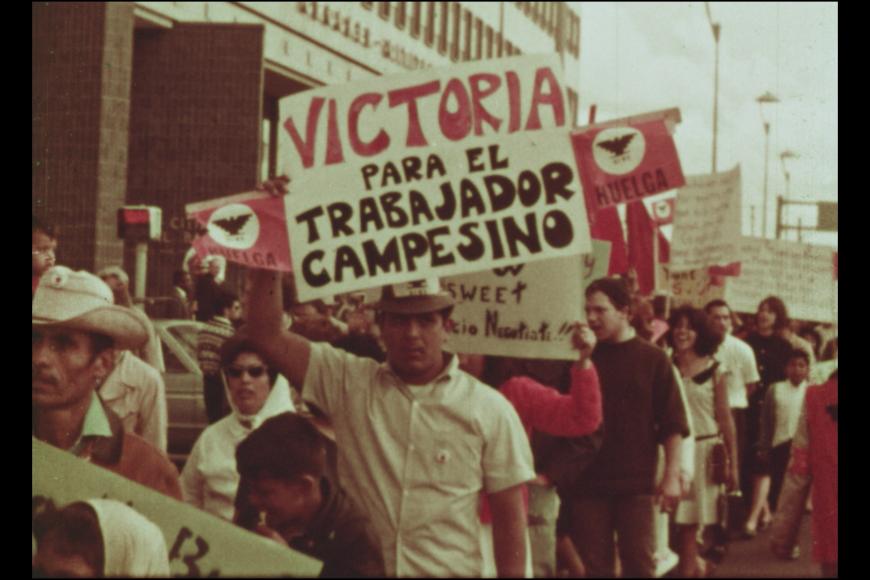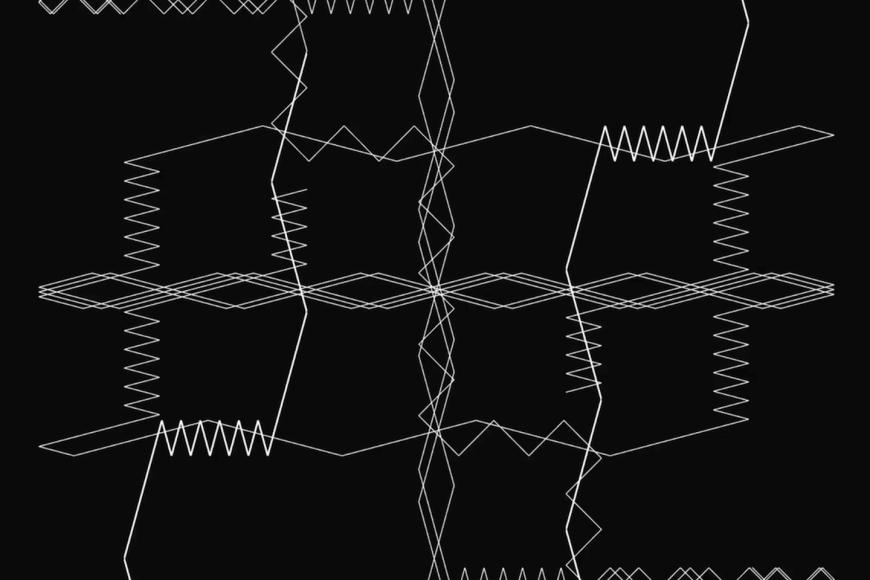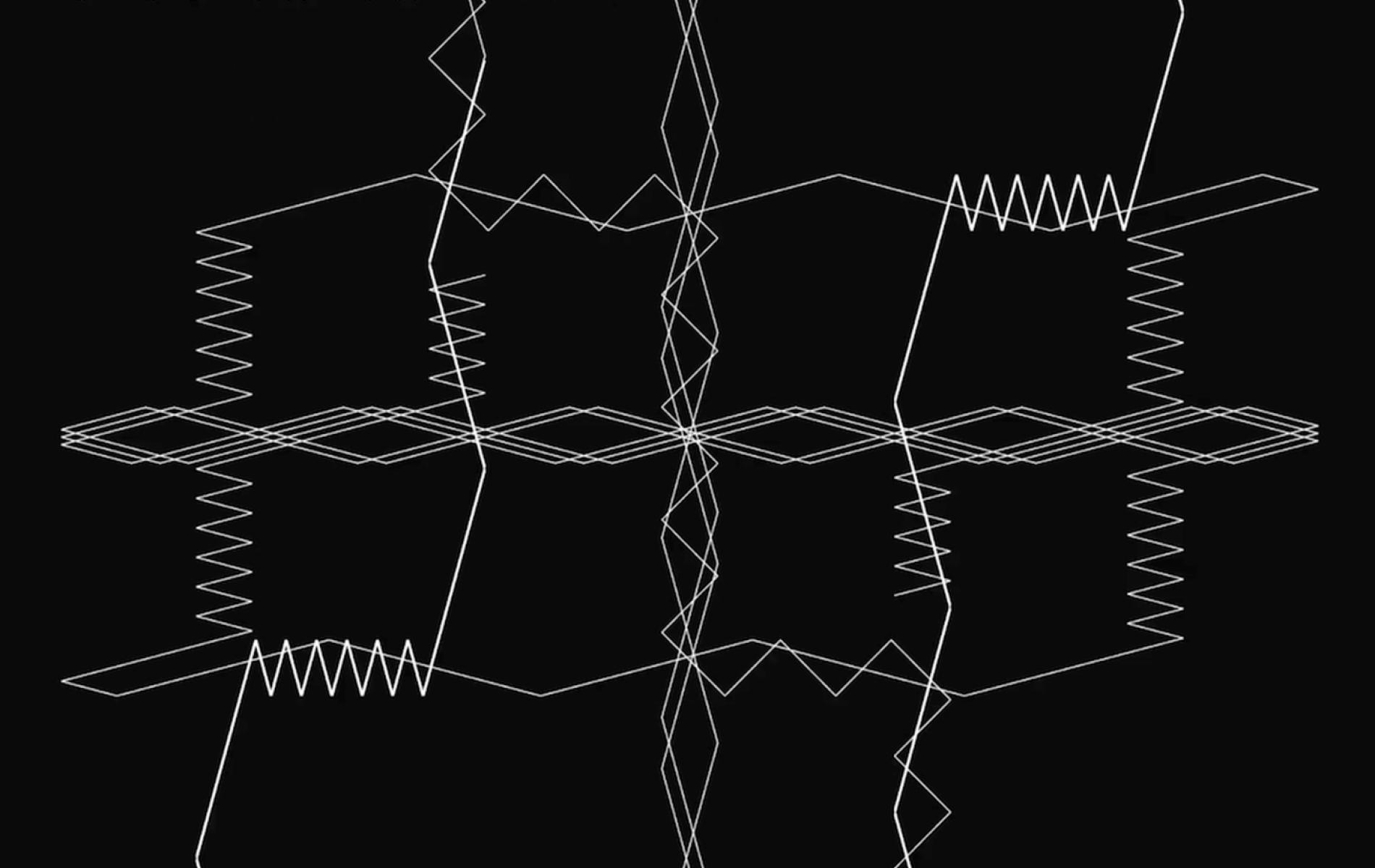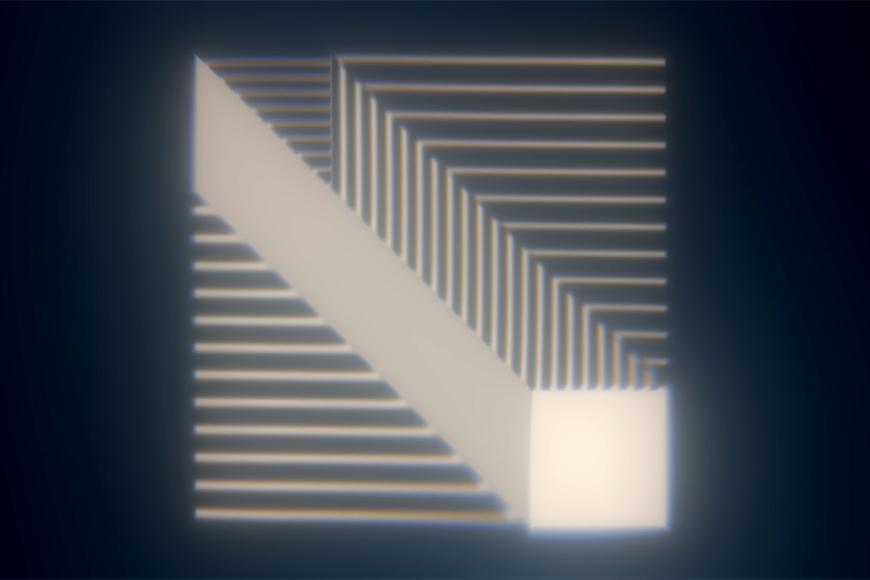
¡Huelga!
In 1965, the longest farm workers’ strike in US-American history unrolled in Delano, California. Led by Cesar Chavez, the as yet unorganised Mexican seasonal labourers fought successfully for better working conditions and the right to found a union of their own, the National Farm Workers Association (NFWA). “¡Huelga!” is the partisan portrait of an emerging solidarity group that not only stood up against the unregulated capitalism in the agricultural sector but also declared war on the racism of the white landowners. In addition to depicting the mechanisms of the strike, the mobile camera also makes a point of documenting the degrading living conditions of the people who kept one of the most powerful industries in the country going.







![Filmstill [Opening speech for the retrospective “Cuban Documentary Film”] [excerpt]](https://www.dok-leipzig.de/sites/default/files/styles/stepped_teaser_/public/fiona/films/stills/87e27ec7-a5fa-4f0c-bacb-21a6b6cbc8ec.jpg?h=e23cd095&itok=YShdmdTq)
![Filmstill [Opening speech for the retrospective “Cuban Documentary Film”] [excerpt]](https://www.dok-leipzig.de/sites/default/files/styles/film_stills_full_content_view/public/fiona/films/stills/87e27ec7-a5fa-4f0c-bacb-21a6b6cbc8ec.jpg?h=e23cd095&itok=u3tyNSAe)
![Filmstill [An Interview with Ingeborg Tölke]](/sites/default/files/styles/stepped_teaser_/public/fiona/films/stills/6ff3c370-f0ce-42a3-a57e-4f37f285b500.jpg?h=10d202d3&itok=ucGPR2ad)
![Filmstill [An Interview with Ingeborg Tölke]](/sites/default/files/styles/film_stills_full_content_view/public/fiona/films/stills/6ff3c370-f0ce-42a3-a57e-4f37f285b500.jpg?h=10d202d3&itok=GSNeT1JY)
![Filmstill [Kurt Biedenkopf visits a Soviet tank regiment]](/sites/default/files/styles/stepped_teaser_/public/fiona/films/stills/45138e5f-4fbb-4495-ad4b-2042f249e46f.jpg?h=e66719d7&itok=vJgnCPmq)
![Filmstill [Kurt Biedenkopf visits a Soviet tank regiment]](/sites/default/files/styles/film_stills_full_content_view/public/fiona/films/stills/45138e5f-4fbb-4495-ad4b-2042f249e46f.jpg?h=e66719d7&itok=mQnZG5pZ)


![Filmstill [Posthuman Wombs]](/sites/default/files/styles/stepped_teaser_/public/fiona/films/stills/070b020f-bb2b-4c5b-914f-7021939da925.jpg?h=131411b1&itok=zWlX1Cfz)
![Filmstill [Posthuman Wombs]](/sites/default/files/styles/film_stills_full_content_view/public/fiona/films/stills/070b020f-bb2b-4c5b-914f-7021939da925.jpg?h=131411b1&itok=uU3ALwiJ)
![Filmstill [Sierra Leone]](https://www.dok-leipzig.de/sites/default/files/styles/stepped_teaser_/public/fiona/films/stills/c1b8736d-6a68-43e6-8099-84d4ab26cccf.png?h=d1cb525d&itok=4RomqN0Q)
![Filmstill [Sierra Leone]](https://www.dok-leipzig.de/sites/default/files/styles/film_stills_full_content_view/public/fiona/films/stills/c1b8736d-6a68-43e6-8099-84d4ab26cccf.png?h=d1cb525d&itok=iXFwU7Yw)











